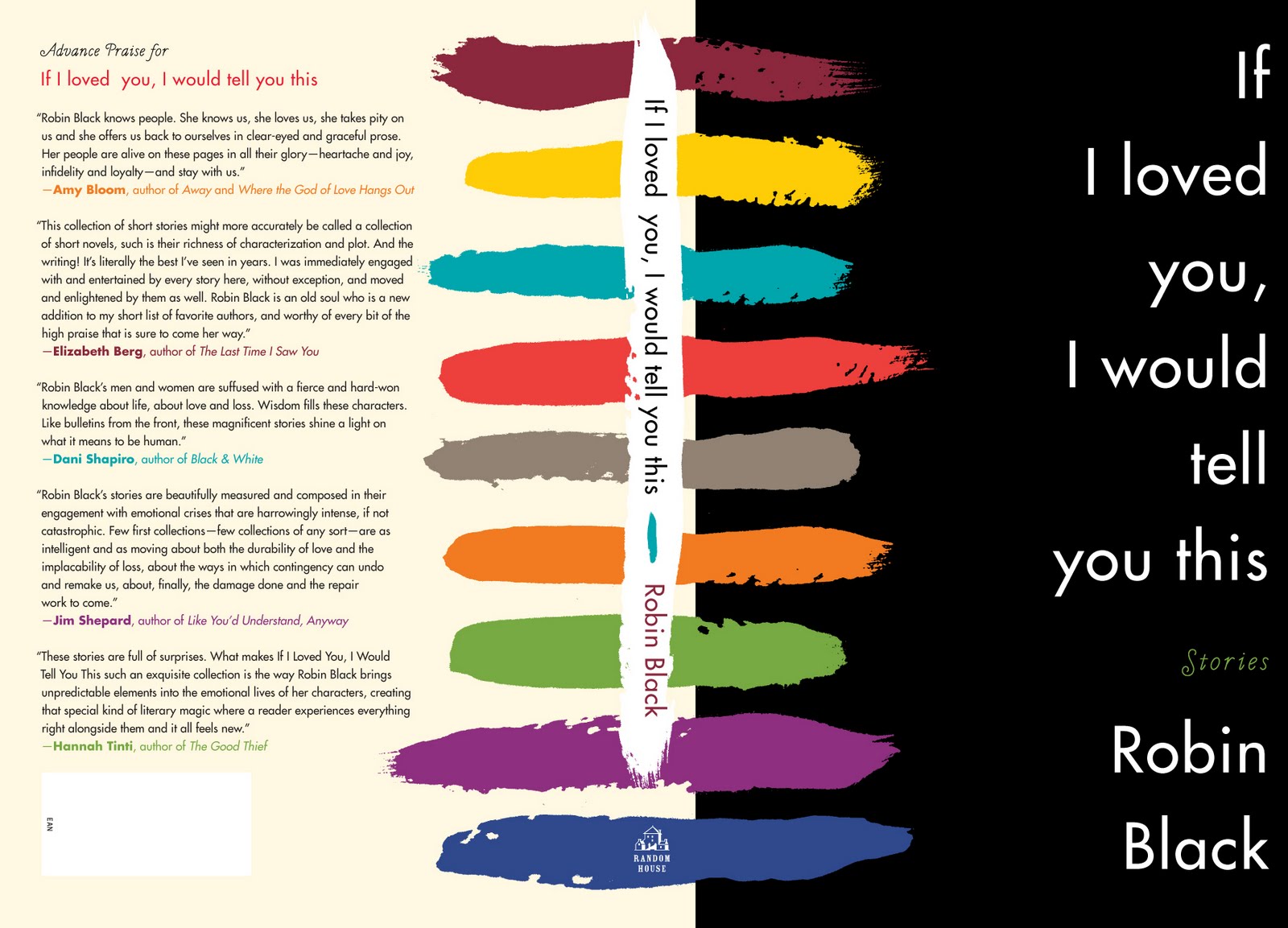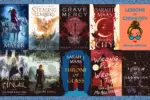Since starting college, the short story has become one of my favorite forms of literature, mostly because they allow you to experience a full narrative arc and a wide range of emotions in the fraction of the time it takes to read a novel.
Writers who dare tread the challenging waters of the short story have to keep their readers hooked by jam-packing their stories with sentences in which each word is deliberate and loaded with meaning.
Especially skilled in the art of impactful brevity are those writers who engage with melancholy subjects that drill deep into the human condition and make for a story that is both totally engaging and relatable. These are the types of stories that leave you wanting to cry and say, “That was a damn good story.”
Just know that if you are going to read all of these short stories, leave some time between them because they really are heartfelt heavy hitters.
1. Tim O’Brian, “The Lives of the Dead”
Although technically fiction, “The Lives of the Dead” is a story that touches on Tim O’Brian’s true experience in the Vietnam War as well as the loss of his childhood love, Linda. The narrator (some version of O’Brian) begins by describing the aftermath of the brutal airstrike on a small Vietnam village, called in by his platoon after taking sniper fire from the area.
Probably the most disturbing and engaging moments in O’Brian’s storytelling come from his appalling and matter-of-fact descriptions of the horror the narrator witnesses, including his platoon’s mockery of a dead corpse.
Throughout the story, O’Brian’s narrative jumps back in time from Vietnam to when he was a child and suffered the loss of who he calls his “first love.” The novelist tells the story of an awkward 9-year-old version of himself falling in love with Linda, a girl the same age as him who wears a distinctive bright red cap, and learning what it truly means to both love and lose someone at such a young age.
Reading these segments of the story and discovering the reason behind the Linda’s red cap should certainly leave you heartbroken — that is, if O’Brian’s Vietnam narrative didn’t already do the trick.
2. Sherman Alexie, “This is What It Means to Say Phoenix, Arizona”
Alexie is a Spokane-Coeur d’Alene American who writes some of the most compelling short stories concerning Native American identity and issues of assimilating to a white America. “This is What it Means to Say Phoenix, Arizona” is no exception.

The story follows the journey of a Spokane man named Victor, whose father dies in Phoenix of a heart attack. Victor struggles to come up with the funds to travel all the way from Washington to Arizona in order to complete the odious task of collecting his father’s belongings in the house in which he had lain dead for days.
After receiving a paltry sum of money from the tribal council, Victor comes across an old friend named Thomas Builds-the-Fire at the Trading Post, who tells Victor that he would be willing to provide the money for the trip if he is allowed to come along. Thanks to uneasy childhood relations with Thomas, Victor initially hesitates in the face of the offer; however, he eventually figures he has no other choice, and accepts Thomas’ company on his drive down to Arizona.
Throughout the story, Alexie utilizes narrative techniques similar to those found in O’Brian’s “The Lives of the Dead.” He often jumps the narrative back to a time to when Victor and Thomas were friends, providing a contextual backstory that helps the reader tune into the emotions throughout the journey and gives insight into Victor’s loss of tradition and his eventual path to forgiveness.
3. Robin Black, “If I Loved You”
Losing a loved one to cancer is heartbreaking, but it can be equally as painful to imagine how you will leave your loved ones behind if you yourself were terminally ill.
Author Robin Black takes on this hypothetical in her unique narrative “If I Loved You,” the title story in a collection of short stories titled “If I Loved You, I would Tell You This.” Unlike most tales, this one addresses a second-person audience.
The “you” that appears throughout the short story is the narrator’s new neighbor, an inconsiderate man who builds a wooden fence directly through the narrator’s driveway because, technically, it’s on his property. The narrator’s family wants to fight this so that they can reasonably park their car in the driveway next to the house.
At first, the story comes off as a largely hypothetical situation — one in which the narrator appears to write to the neighbor arguing that perhaps she wants the ability to park the car next to the house because she is a cancer patient who feels weaker each day. However, as her story continues and the details grow more vivid and specific, the more real it sounds, and the more Robin Black seems to be writing a story about a woman getting ready to leave her husband and son forever.
In light of this, “If I Loved You” is a heartbreakingly beautiful short story that contains invaluable lessons on respect and compassion.
4. Brian Doyle, “Joyas Voladoras”
This essay by the late Brian Doyle is exceptionally short, but loaded with somber undertones. “Joyas Voladoras” (which translates to flying jewels in English) is a bit different from the other short stories in this list because it doesn’t exactly read like a story, but rather a man’s contemplations.

Doyle ponders the size of the heart and the connection between all living things. He draws rich comparisons between the capacity of anatomical hearts of different organisms as it relates to their lifespans. The heart of a hummingbird, for example, beats much more rapidly than the heart of a whale, and the whale lives longer.
“Every creature on earth has approximately two billion heartbeats to spend in a lifetime,” Doyle writes. “You can spend them slowly, like a tortoise and live to be two hundred years old, or you can spend them fast, like a hummingbird, and live to be two years old.”
The essay opens in a somewhat scientific tone, especially when considering the fragility of the heart, but the last couple of paragraphs should leave you wondering about the true purpose for these considerations. Ultimately, his detailed examination appears to be much more emotional than physical.
















